Singapore has seen a notable increase in the presence of assistance dogs, marking a significant stride towards inclusivity and accessibility for individuals with disabilities. As these remarkable canines prepare to expand their roles in public spaces, their importance in enhancing independence and support for their handlers becomes increasingly evident. In this blog, we'll explore the significant role of assistance dogs in Singapore!
What are Assistance Dogs?
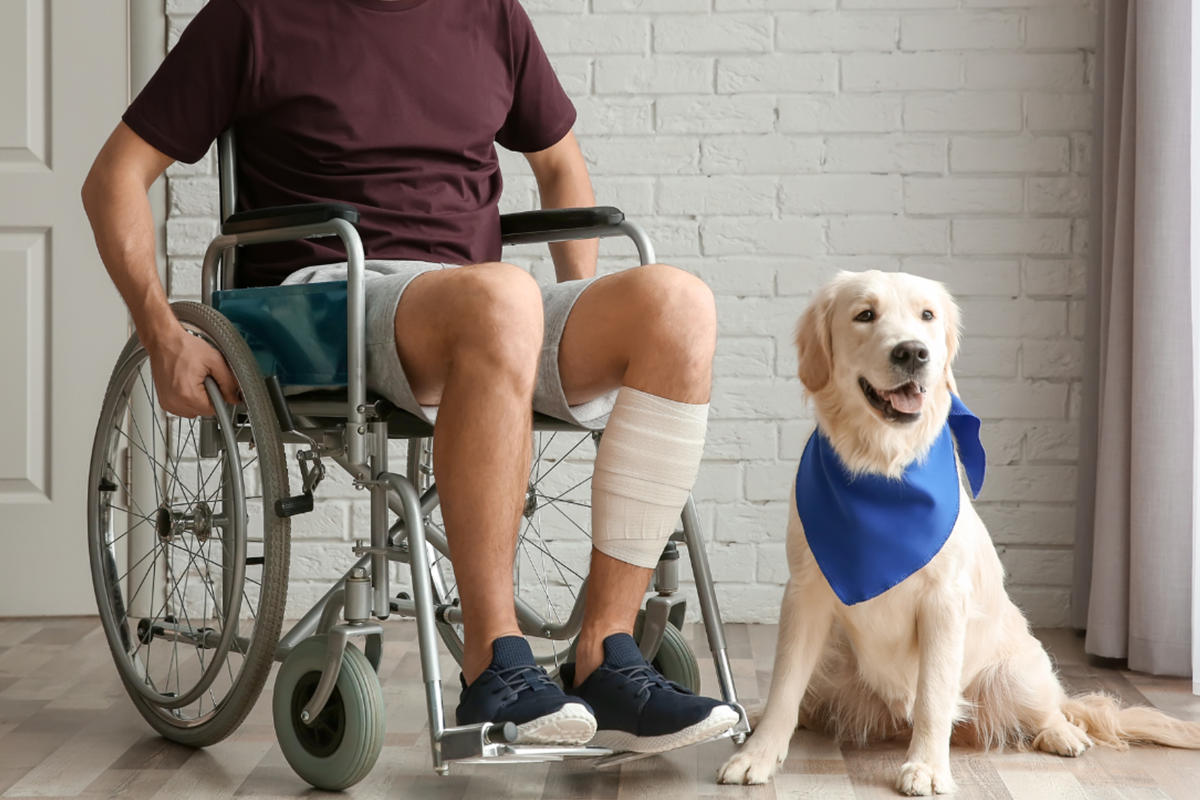
Assistance dogs play a crucial role in supporting individuals with disabilities, providing not just practical assistance but also emotional support and companionship. In Singapore, these dogs are trained to perform a variety of tasks that help their handlers navigate daily life with greater ease and confidence. These specially trained canines are poised to expand their presence beyond guide dogs for the blind, encompassing support for those who are deaf or have physical disabilities.
Traditionally, guide dogs have been the primary assistance dogs allowed in public spaces in Singapore, aiding the blind or visually impaired. However, recent developments indicate a broadening scope to include assistance dogs that support individuals with other disabilities. These dogs are trained to perform specific tasks tailored to their handlers' needs, enhancing independence and quality of life.
Importance of Assistance Dogs
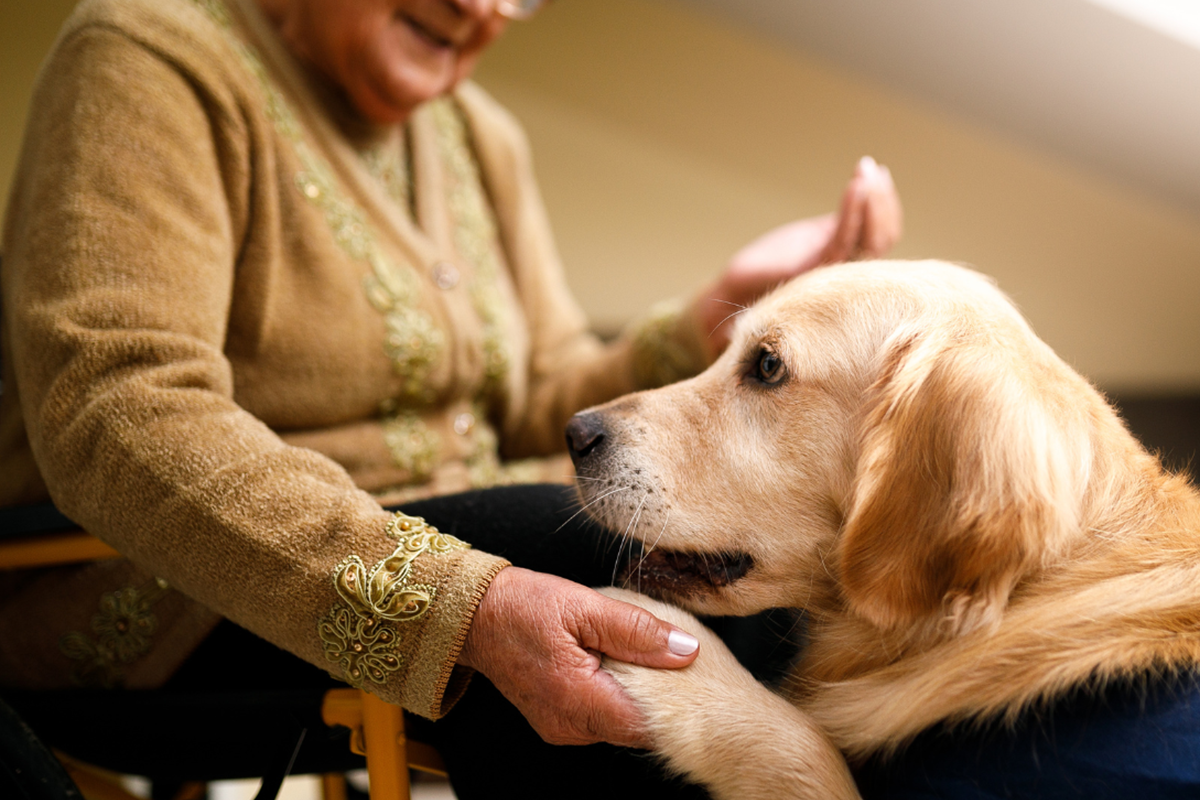
As Singapore embraces a broader scope for these working canines, their impact of assistance dogs extends beyond their functional roles:
- Profound Impact on Handlers: Assistance dogs play a crucial role in the daily lives of their handlers by providing invaluable support tailored to their specific disabilities.
- Enhanced Independence: These dogs enable greater independence for handlers, allowing them to perform tasks that might otherwise be challenging or impossible.
- Improved Mobility: Assistance dogs assist with mobility by guiding visually impaired individuals, navigating obstacles, and providing stability for those with physical disabilities.
- Emotional Support: Beyond practical tasks, these dogs offer companionship and emotional support, significantly enhancing the mental well-being of their handlers.
Upcoming Changes & Access in Singapore
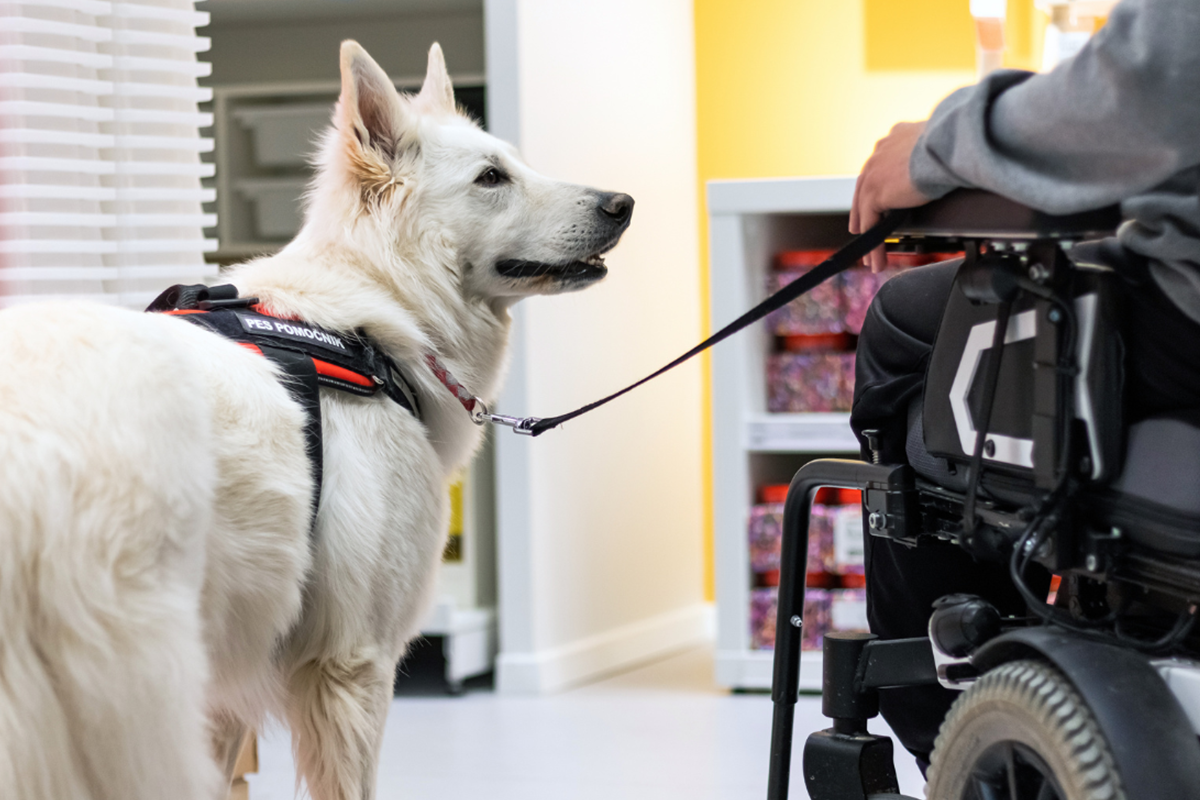
While Singapore has made strides in recognizing the rights of assistance dog handlers, challenges persist. Despite their invaluable roles, handlers of assistance dogs often encounter challenges in accessing public spaces. Traditionally, access has been limited to guide dogs for the blind. Challenges include navigating regulatory frameworks and public attitudes towards these animals in non-traditional roles.
However, recent initiatives aim to extend access to assistance dogs supporting individuals with other disabilities, such as those who are deaf or have physical impairments. New initiatives are set to broaden access for these dogs in public areas, including public housing, transport, and food establishments. These changes aim to create a more inclusive environment where handlers can fully benefit from their partnership with their assistance dogs.
Recent announcements by Senior Parliamentary Secretary Eric Chua underscore a significant shift towards enhancing accessibility for assistance dogs in Singapore. Guide dogs, traditionally limited to aiding the blind, will now be joined by other assistance dogs trained to support people with various disabilities. This expansion will extend their access rights to public housing, public transport, and food establishments, marking a progressive step in inclusivity for disabled individuals.
Key agencies such as the Land Transport Authority and the Singapore Food Agency are actively collaborating to facilitate the inclusion of these assistance dogs in public spaces and licensed premises. Concurrently, the Islamic Religious Council of Singapore (Muis) is refining its guidelines to accommodate assistance dogs supporting individuals with physical disabilities, visual impairments, and hearing impairments, ensuring alignment with religious considerations.
Currently, there are nine active assistance dogs in Singapore, predominantly guide dogs for the blind. These dogs are primarily Labrador Retrievers, despite restrictions that prevent them from residing in Housing Development Board (HDB) flats. The inception of guide dogs in Singapore dates back to 1982 when the first guide dog arrived from Australia. Over the years, advocacy and support have grown, culminating in broader public acceptance and support for assistance dogs.
K9Assistance, a charity founded in 2020, has been pivotal in advocating for expanded rights and access for assistance dogs. Led by Ms. Cassandra Chiu, who herself benefits from the companionship of a guide dog, they have garnered significant support from businesses and the community to promote the benefits of assistance dogs beyond the blind community. Their efforts have not only focused on legislative changes but also on raising awareness and educating the public about disability inclusion.
Public Awareness and Acceptance
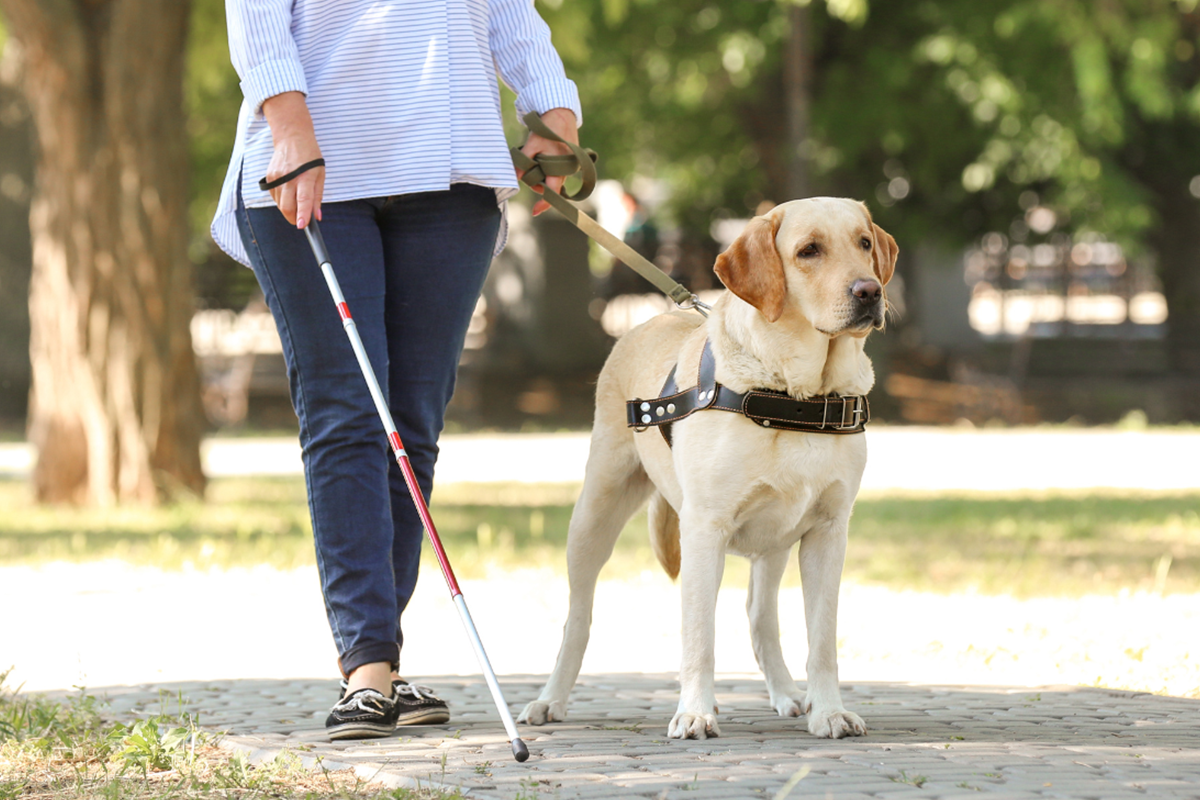
Raising awareness about assistance dogs is pivotal in fostering a more inclusive community in Singapore. These dogs serve as vital lifelines for individuals with disabilities, offering support that goes beyond physical assistance. By dispelling misconceptions and promoting acceptance, we create an environment where handlers feel respected and supported in their daily interactions. This effort is crucial in integrating assistance dog teams into public spaces and homes, aligning with Singapore's broader initiatives to enhance accessibility and promote positive attitudes towards disability.
In Singapore, the presence and roles of assistance dogs are expanding significantly, reflecting a progressive shift towards inclusivity and support for disabled individuals nationwide. These dogs undergo rigorous training to perform specific tasks tailored to their handlers' needs, from guiding the visually impaired to providing physical aid and emotional support. By educating the public about their capabilities and emphasizing their role as highly trained service animals, we can foster greater acceptance and integration into community life.
Conclusion
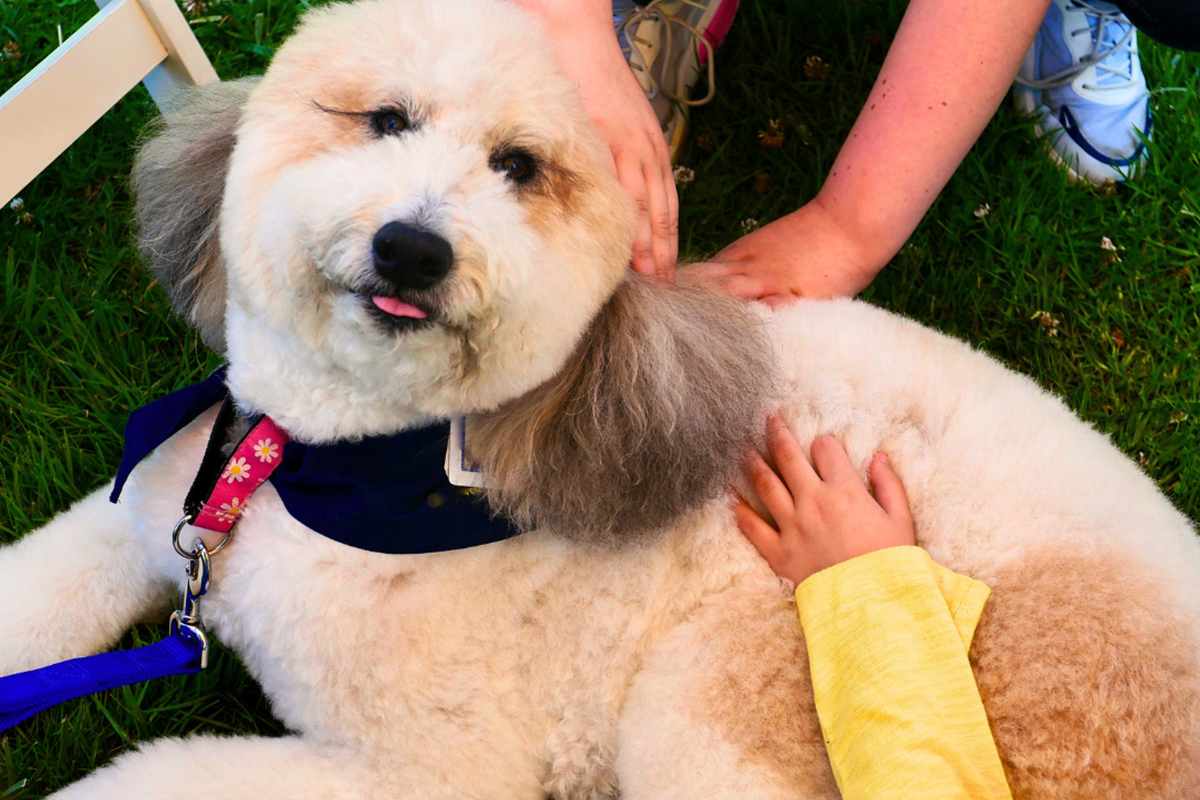
As Singapore continues to embrace the presence of assistance dogs, their role in enriching the lives of individuals with disabilities grows increasingly significant. By advocating for their rights and supporting initiatives that promote inclusivity, we can build a society where everyone, including assistance dog handlers, can thrive with dignity and independence. Together, let us champion these remarkable partnerships and pave the way towards a more accessible future for all!
Share this with your fellow pet owner friends who might need this information right now! Feel free to leave a comment down below about your advice or experiences with your pet's breed, we would also love to read them!
Check out our blog about Honoring Working Pets: A Look at the Roles of Service Animals & Working Dogs in Singapore to learn more!
Sign up to our newsletter down below & follow us on Instagram @sgsmartpaw to stay up to date with our blog articles!

Rose Hazel San Diego
Hazel loves pets & she has owned cats, dogs, & even hedgehogs! She also fosters cats & dogs in need around her area. With her social media & copywriting background, she gladly shares her knowledge of pets through these articles!
Related Products
Most Recent Articles

5 Ways to Protect Your Pet from Singapore’s Humidity This Rainy Season
Singapore’s rainy season is here — and while we’re enjoying the cool, cozy weather, our pets are quietly battling the sticky side of humidity. From itchy skin and smelly fur to ear infections and h...

Cat Litter in Singapore: Types, Pros & Cons Explained
Choosing cat litter isn’t one-size-fits-all. This Singapore-focused guide breaks down clumping & non-clumping clay, silica crystals, tofu, wood pellets, and paper—how they work, their real-worl...

7 Pet-Friendly Malls in Singapore Every Pawrent Should Know About
Shop, dine, and stroll with your furkid at 7 pet-friendly malls across Singapore—think dog parks, pet lifts, alfresco cafés, and more. Our Smartpaw guide maps the best spots and shares quick tips f...



















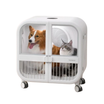













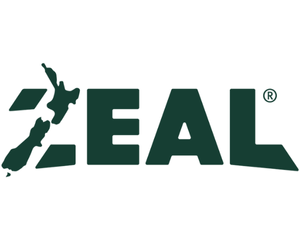
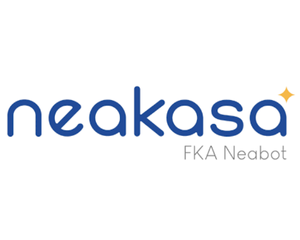












Leave a comment
All comments are moderated before being published.
This site is protected by hCaptcha and the hCaptcha Privacy Policy and Terms of Service apply.